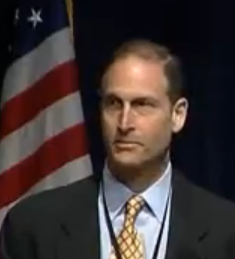A Quote by David Blumenthal
One of the things that the Affordable Care Act has done, which is advantageous to consumers, is created marketplaces, where people can go online and comparison-shop. That was very hard to do before the Affordable Care Act, especially for people who had individual insurance policies.
Related Quotes
We have health insurance companies playing a major role in the provision of healthcare, both to the employed whose employers provide health insurance, and to those who are working but on their own are not able to afford it and their employers either don't provide it, or don't provide it at an affordable price. We are still struggling. We've made a lot of progress. Ten million Americans now have insurance who didn't have it before the Affordable Care Act, and that is a great step forward.
The White House approved an exemption in Obamacare coverage for Congress and members of their staff. Members complained that the Affordable Care Act will cost them thousands extra a year in premiums. Wait a minute. It's their bill. If it's too expensive, why did they name it the Affordable Care Act?
The Affordable Care Act has clearly, as Secretary Clinton made the point, done a lot of good things, but, what it has not done is dealt with the fact we have 29 million people today who have zero health insurance, we have even more who are underinsured with large deductibles and copayments and prescription drug prices are off the wall.
My biggest fear, that 27 percent of Americans under 65 have an existing health condition that, without the protections of the Affordable Care Act, would mean they would - could be automatically excluded from insurance coverage. Before the ACA, they wouldn't have been able to get insurance coverage on the individual market, you know, if you're a freelancer or if you had a small business or the like.
People aren't going to go bankrupt anymore if they have a serious illness, which was a serious issue here in the country before the Affordable Care Act. And, in fact, the expense of expanding health care for those who need the subsidy is picked up by the federal government for most of the early years.
































